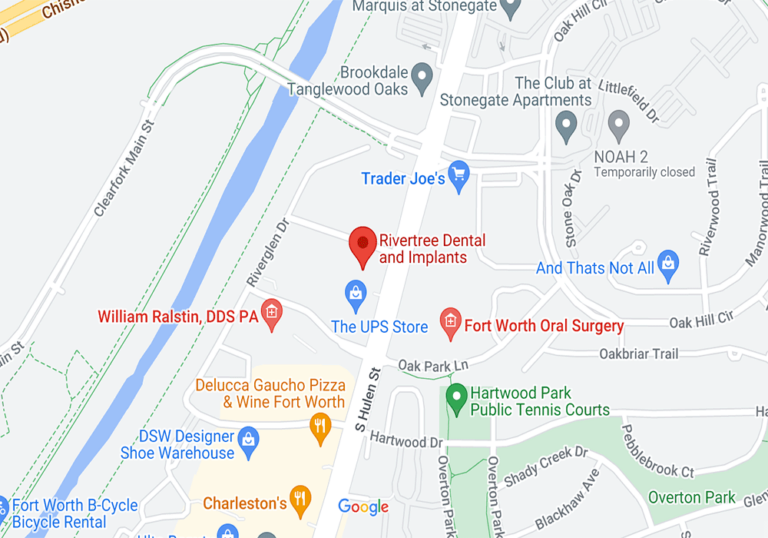Sedation Dentistry
At RiverTree Dental and Implants, we use advanced sedation dentistry for a wide variety of in-house services. Our goal is to ensure you are comfortable, calm, and relaxed through any dental treatment or dental procedure.
What Sedation Dentistry Can Do for You
Sedation dentistry is the use of any type of dental sedation to reduce stress, anxiety, and any physical pain associated with dental treatment. Sedation is a safe and convenient way to help you feel more relaxed at the dentist while your treatment is being completed. We offer dental sedation through nitrous oxide (laughing gas), oral sedatives, and IV sedation.
It’s important that you feel comfortable and safe during your procedure. Before any procedure, your doctor will recommend the appropriate level of sedation that meets your needs. Then, we will set up your appointment and plan accordingly for your procedure, knowing that you will be relaxed and calm during the dental appointment.
More Questions About Sedation Dentistry?
If you think sedation might help your anxiety at the dentist, give us a call and we'd be happy to discuss it further with you.

